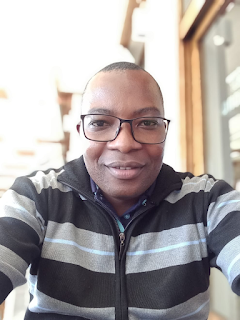by Lenie Papa, Secular Branch (USA)
1. What the Sacred Heart meant for me as a Secular member, is the unconditional love of Jesus for all of us. We have to reflect on our life and ask ourselves what we can do for Jesus in return for His love for all of us.
2. Sacred Heart of Jesus symbolizes His love, His Mercy and compassion for me and to all mankind.
3. Sacred heart represents for me a community of people who love to share about God (which gladly there is one close to me to be part of) and the sacred heart of Jesus and his merciful people.
4. As a secular branch the Sacred Heart means love of Jesus and Mary, it also transmits this love to the community uniting us all.
5. Prayer of Daily Neglects we offer to the Eternal Father the Sacred heart of Jesus. Says "with all its love, all its suffering and all its merits.
Therefore; All treasures come from his merciful heart.
Heart of Jesus help me!
6. The sacred heart means to me Jesus of Nazareth. The human Jesus. His love for humanity. He is down to earth, and approachable. His beating heart is exposed, shows me he is all love. I find him in adoration, where he pours out intense love for all mankind.
7. In the sacred heart of Jesus, I am reminded of his profound love for me. He invites me to come to Him where we can find rest. His heart offers me love, peace, joy, suffering. That through his heart, I feel assured of finding hope and guidance. He is always there for me and wants me to love Him. His sacred heart also invites me to pray and offer sacrifices for the salvation of others just like he modeled by his death on the Cross.
8. As a SSCC secular branch member, the Sacred Heart of Jesus means not only knowing of and receiving God's love, which is the breath of our existence, but also desiring to reciprocate that Divine love in thought word and action. Though a sinner, our hearts are fused. My imperfect self desires to bring consolation to His Sacred Heart. My hope is that my flawed actions are transcended by His abundant Mercy, Grace and Love. May my heart always beat for you dear God. May our hearts always beat as one. I love you God.
9. The Sacred Heart of Jesus has been my refuge where I could confide all my joys, sorrows, worries, fears, pain, sufferings, my feelings without reservations. It is my confidant where I could express myself freely. I hide in the deepest wounds of His Sacred Heart to find rest, peace, solace, comfort, trust and most importantly love. Being enclosed in the deepest wounds of his Sacred Heart is like hiding in a very secure place feeling his protection and hugs as it beats my heart beats with his. My pains, sorrows and sufferings being washed away by his Most Precious Blood as though as I am being purified as gold in the furnace by his consuming fire of love.
Over the years of being a Secular Branch, I have grown in his presence specially in the union of His love in the Holy Eucharist, in adoration, in uniting with His passion making reparations for my sins and that of humanity, past, present and future.
Jesus meek and humble of heart, make my heart like unto thine. FIAT!
To the Sacred Hearts of Jesus and Mary, honor and glory. Amen.







